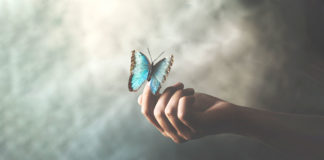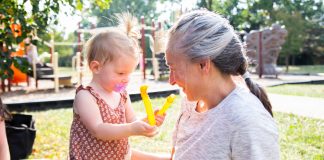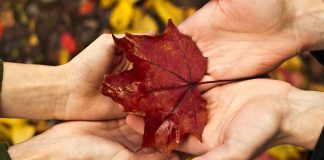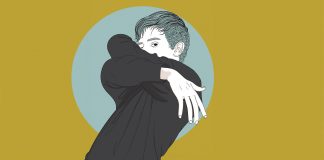How do I learn to really enjoy life?
I don’t remember much about the moment. I remember its warmth, and the way it glowed with purpose and spirit. But the stage is blurry. The song which pulsed out from it is uncertain. I know it came from a good friend of mine, one whose spot-lit glory provoked in me no jealousy, no feeling of being left out.
The little freedom fighter
When you look into the innocent eyes of a child, you can hardly imagine that someone could intentionally hurt them. Stories of slavery seem to belong to an evil and distant past. However, few of us wonder who makes our clothes or electronic equipment, under what working conditions, and how much they are paid for it. The answers to these questions will likely...
Doing good, better
The impulse to help is a hallmark of humanity—both evolutionists and creationists agree that a selfless act is something that makes us uniquely human. Even more so, as a community of faith, it’s exciting to realise that within every compassionate action exists an insight into the loving character of our Creator God.
It takes a village to heal a child
My nana was my favourite person in the world. From as young as three, Mum would drop me off at church, help me put my backpack on and I’d waddle in to meet Nana. During worship, we’d cuddle through the songs. She was an amazing singer; I was tone-deaf. She’d whisper to me, “You have an amazing voice . . . you’re not...
The gift that does not wait for a special day
Although poverty remains a part of our world, love still works wonders.
Love doesn’t give up, regardless of the prognosis
Lace-edged rumours wafted through the student campus in Sagunto, Spain: Devin, one of the American boys who had come to Spain for a year of study, was dating Teresa, a second-year theology student who was hard to miss. Her striking beauty and cheerful nature attracted gazes like a magnet. No one suspected then, not even the protagonists of this relationship, that their love...
Adolescence: a generational Tower of Babel
Adolescence is not a series to watch with your teenage child, but it is a series that may cause mature viewers to re-evaluate their relationship with their own children, as well as their relationship with their parents.
How to survive the loss of a child
“I knew her face better than my own. Still, I had to say goodbye. I had to walk away. That’s what you do when someone dies. Except this wasn’t just someone. It was Ana, my sweet girl.”
Something to look forward to
“For the joy set before him he endured the cross” (Heb. 12: 2 NIV).
When your child has a meltdown
Children have big feelings. Even worse, children have big feelings over what seem to be rather inconsequential things.
The discovery of our century: t = t
"There is a time for everything, and a season for every activity under the heavens" (Ecclesiastes 3:1).
Recognition of dignity
Although the concept of human dignity may appear relatively recent from a historical perspective, the notion of human worth has a long history, as evidenced by accounts in the Book of Genesis, Cicero, and Kant, among others.
Old wine vs fake wine: how to distinguish the authentic religious message in today’s media polyphony
One can see today a growing concern among people who seek spirituality for relief, solutions and healing, both individually and collectively. It is an interest that arouses optimism about the role and impact that the Christian message can have on society, but also a concern for an accurate transmission of the biblical message.
COVID-19: Inequality and the pandemic
When confronted with the pandemic, we are anything but equals.
Life lessons from Frank the dog
Pastor and author Ed Gungor reckons he’s learned a lot about life from Frank, his small white-haired terrier. So much so that he has entitled his book One Small Barking Dog: How to Live a Life That’s Hard to Ignore.


























